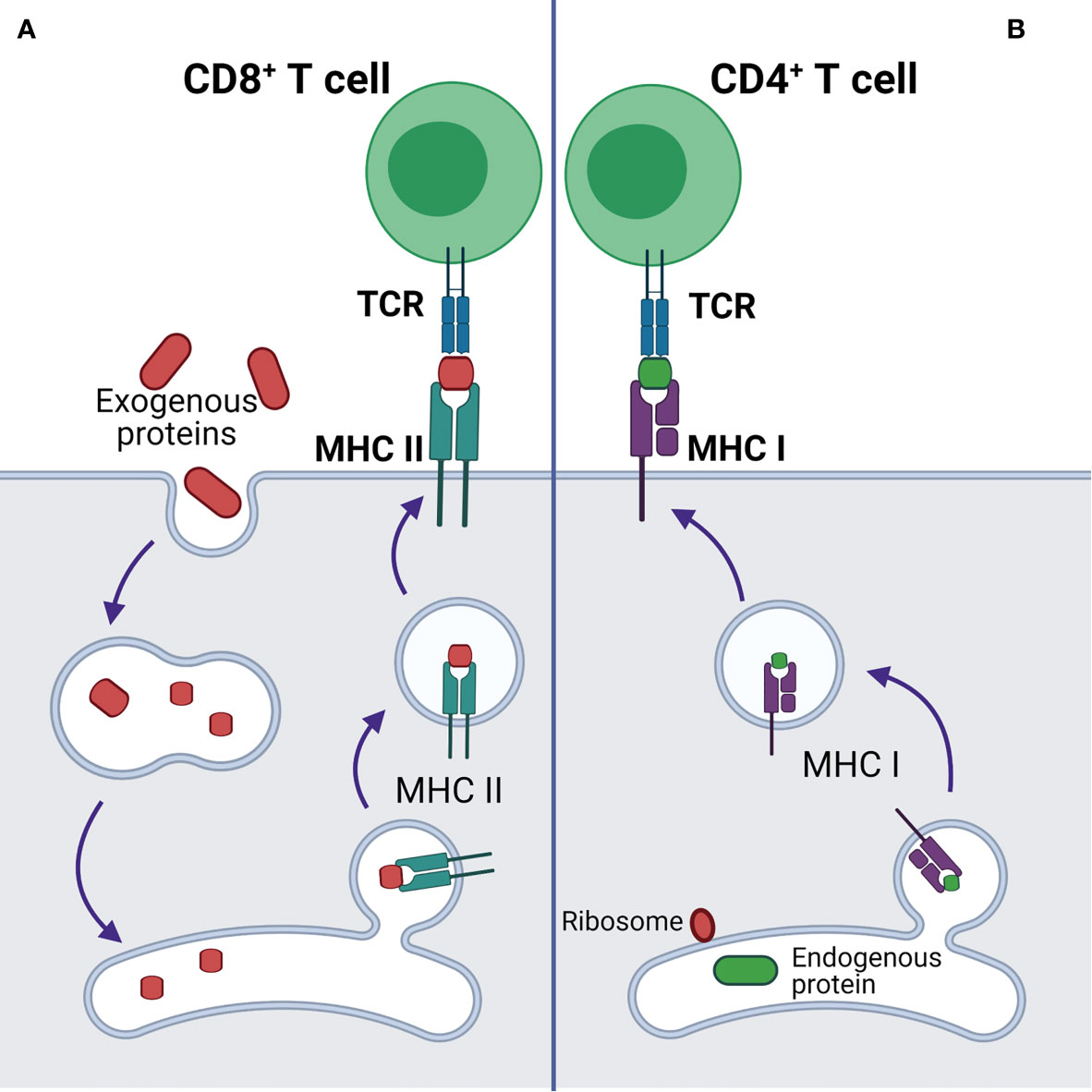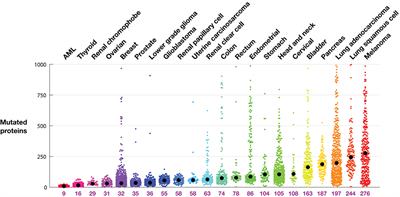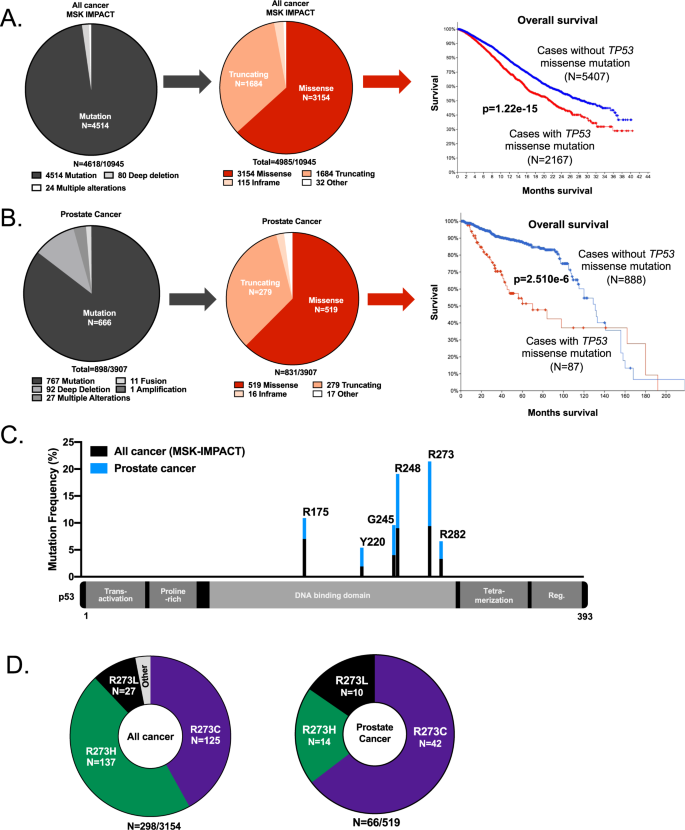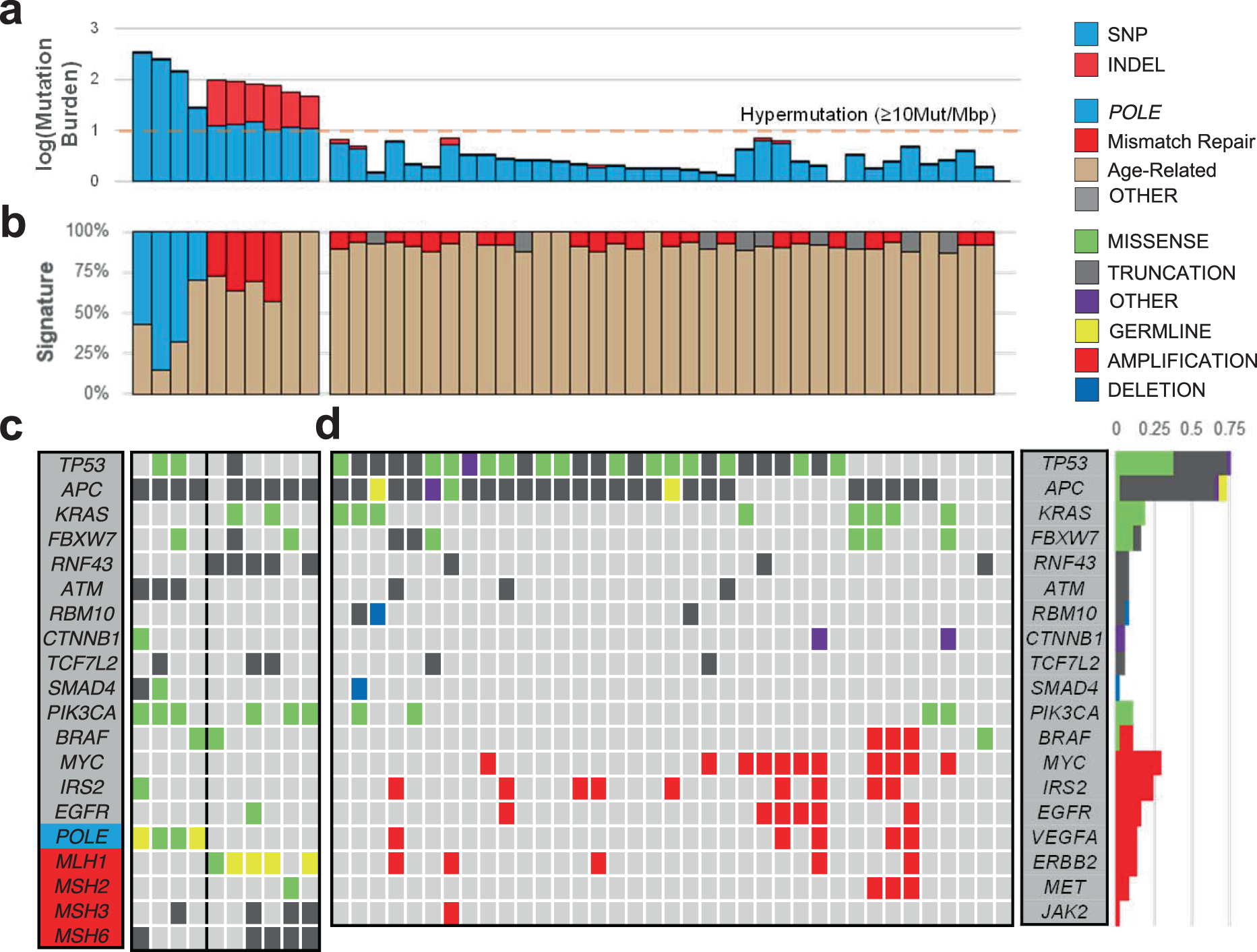
High prevalence of TP53 loss and whole-genome doubling in early-onset colorectal cancer | Experimental & Molecular Medicine
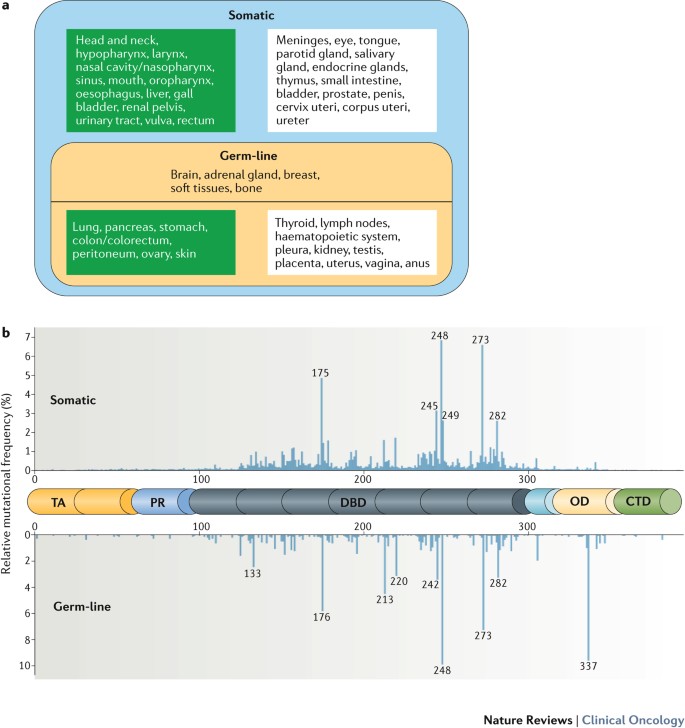
Therapeutic targeting of p53: all mutants are equal, but some mutants are more equal than others | Nature Reviews Clinical Oncology
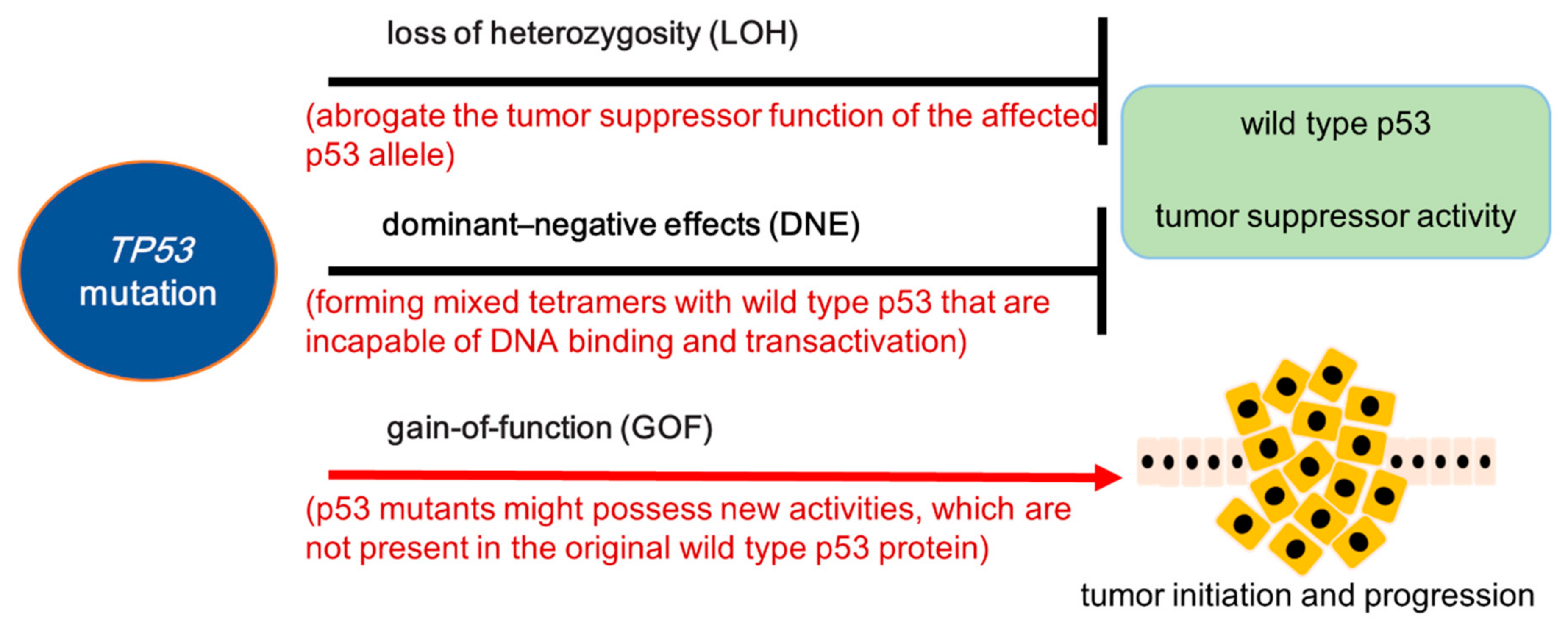
IJMS | Free Full-Text | Targeting the Oncogenic p53 Mutants in Colorectal Cancer and Other Solid Tumors | HTML
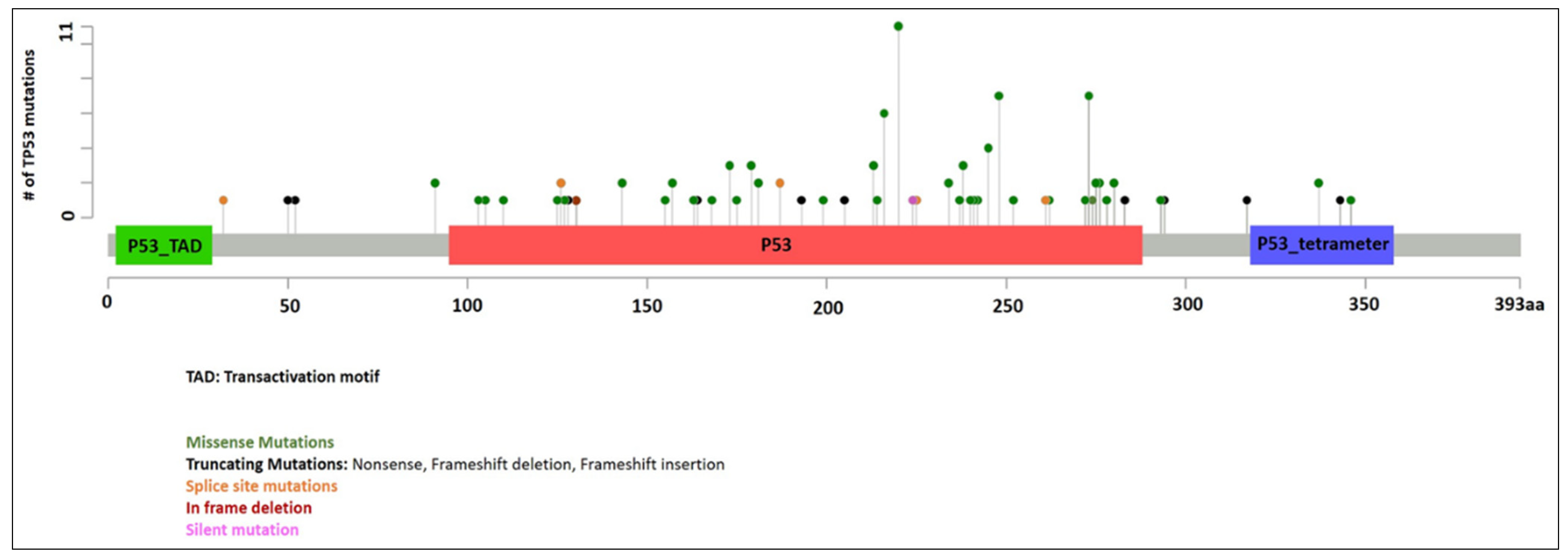
Cancers | Free Full-Text | TP53 Combined Phenotype Score Is Associated with the Clinical Outcome of TP53-Mutated Myelodysplastic Syndromes | HTML

Zinc shapes the folding landscape of p53 and establishes a pathway for reactivating structurally diverse cancer mutants | eLife
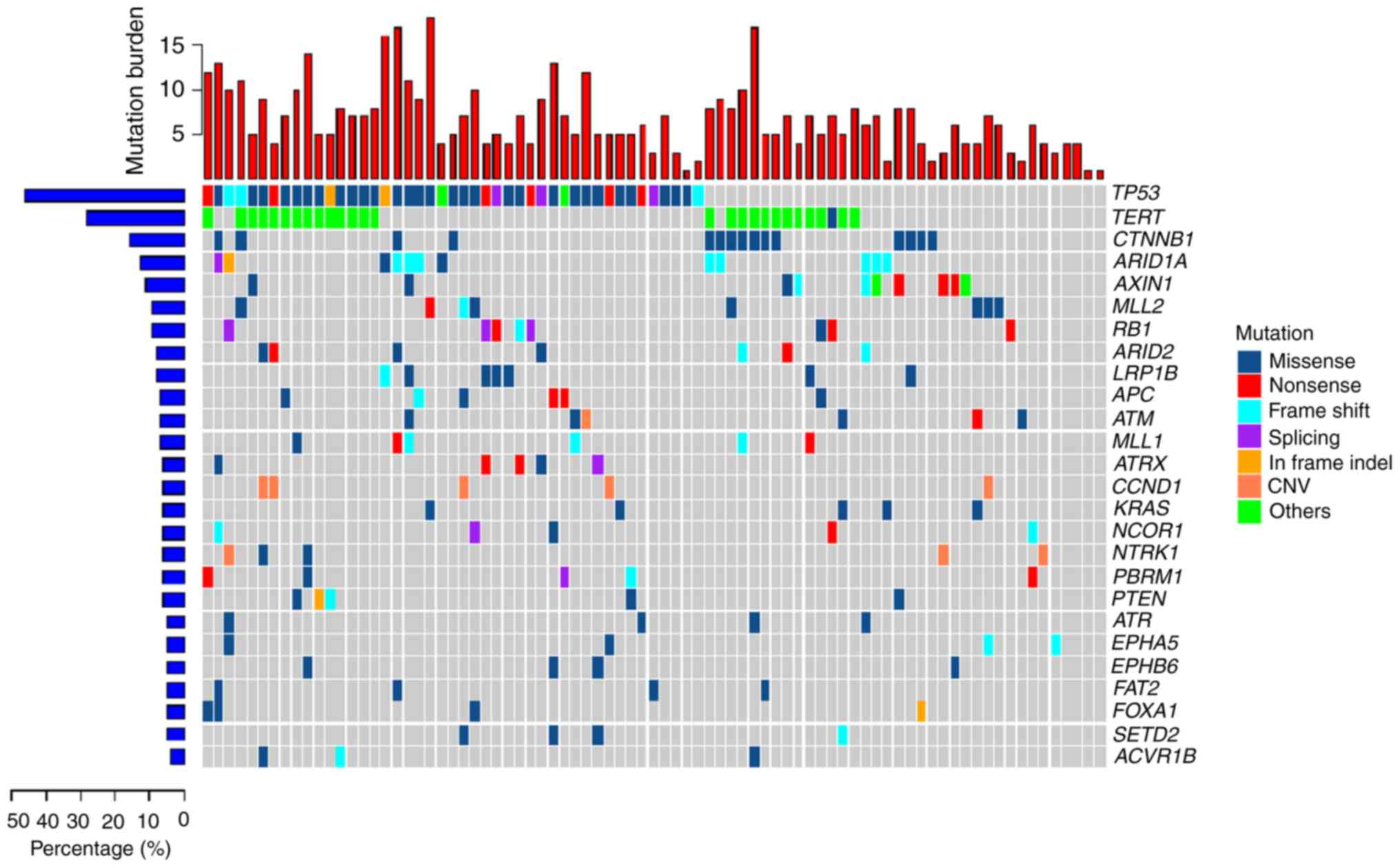
Implications of driver genes associated with a high tumor mutation burden identified using next‑generation sequencing on immunotherapy in hepatocellular carcinoma
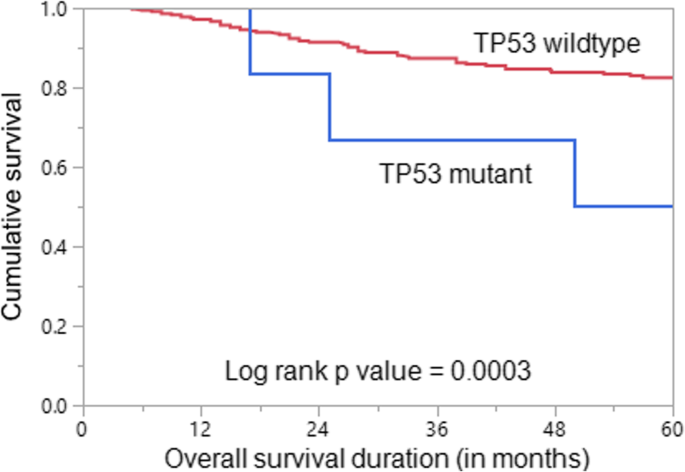
Prevalence of germline TP53 mutation among early onset middle eastern breast cancer patients | Hereditary Cancer in Clinical Practice | Full Text

Mutations in TP53 and other heterogeneous genes help to distinguish metastases from new primary malignancies | medRxiv
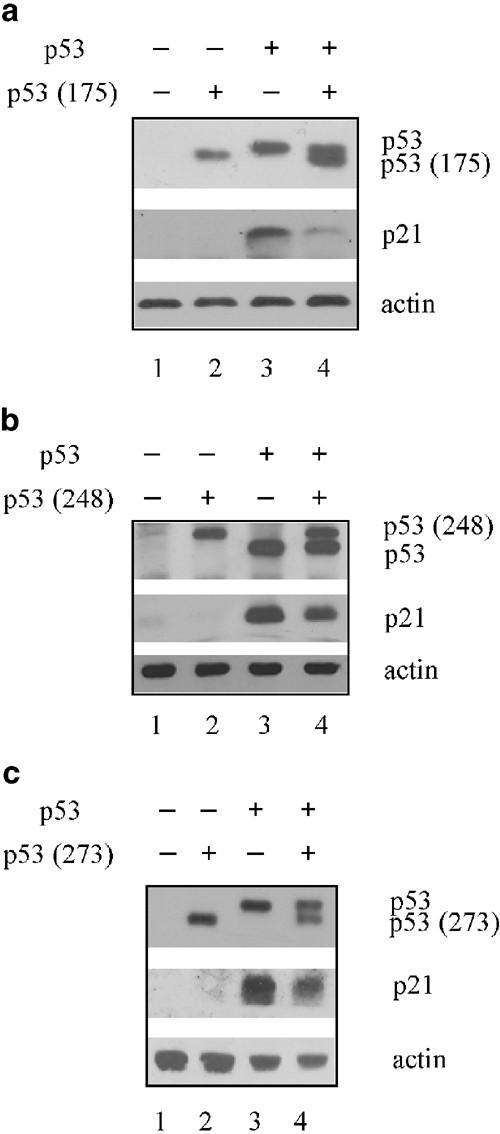
Mutant p53 exerts a dominant negative effect by preventing wild-type p53 from binding to the promoter of its target genes | Oncogene
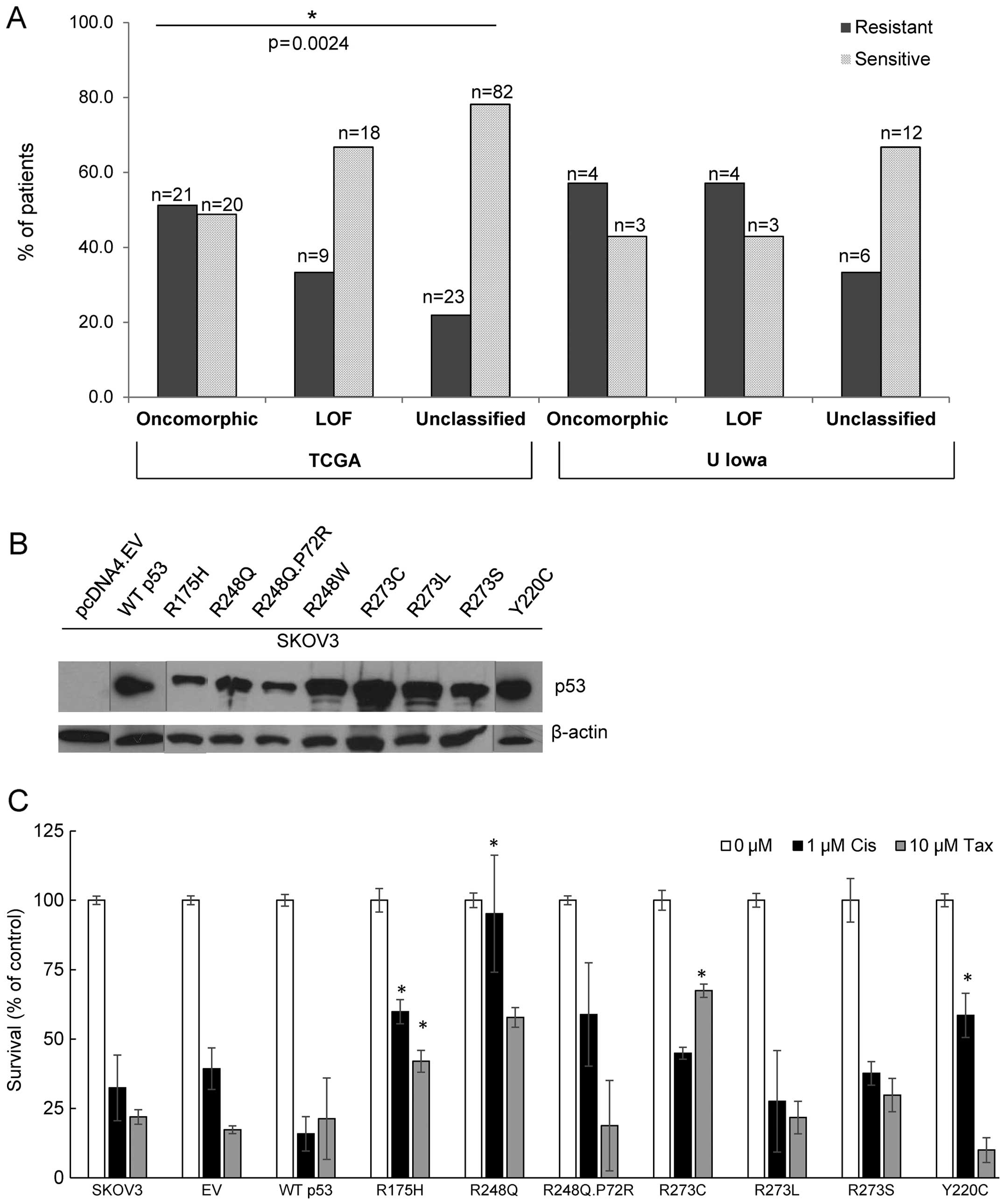
TP53 oncomorphic mutations predict resistance to platinum‑ and taxane‑based standard chemotherapy in patients diagnosed with advanced serous ovarian carcinoma

TP53 mutations as potential prognostic markers for specific cancers: Analysis of data from The Cancer Genome Atlas and the International Agency for Research on Cancer TP53 Database | bioRxiv
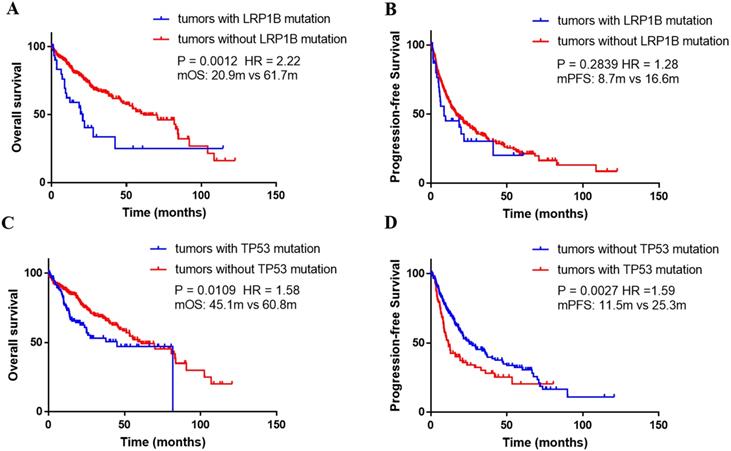
LRP1B or TP53 mutations are associated with higher tumor mutational burden and worse survival in hepatocellular carcinoma
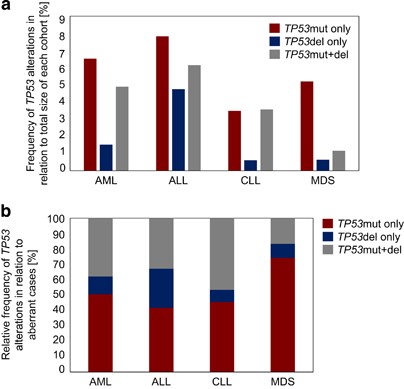
The impact of TP53 mutations and TP53 deletions on survival varies between AML, ALL, MDS and CLL: an analysis of 3307 cases | Leukemia

Targeting Cavity-Creating p53 Cancer Mutations with Small-Molecule Stabilizers: the Y220X Paradigm | ACS Chemical Biology
